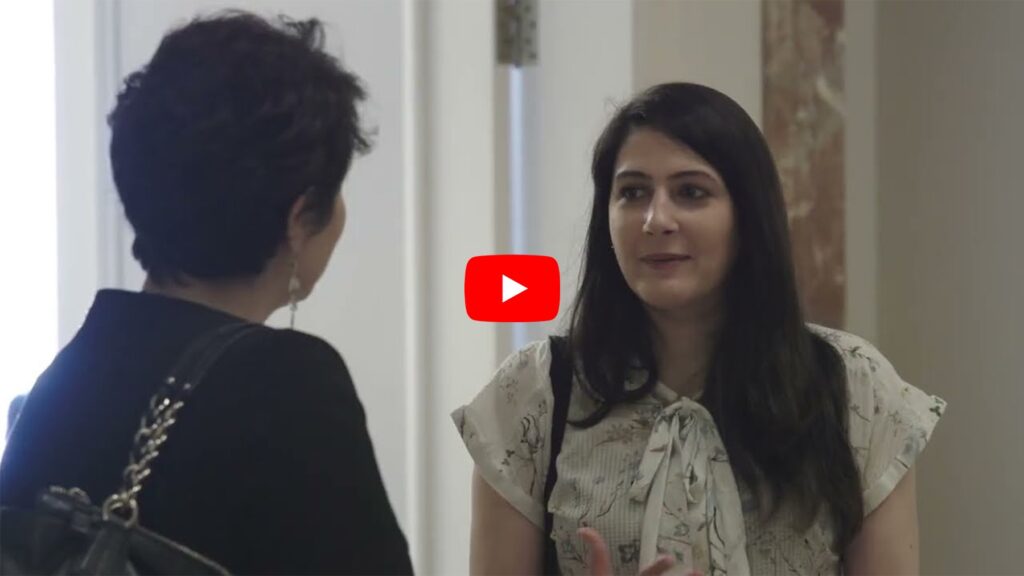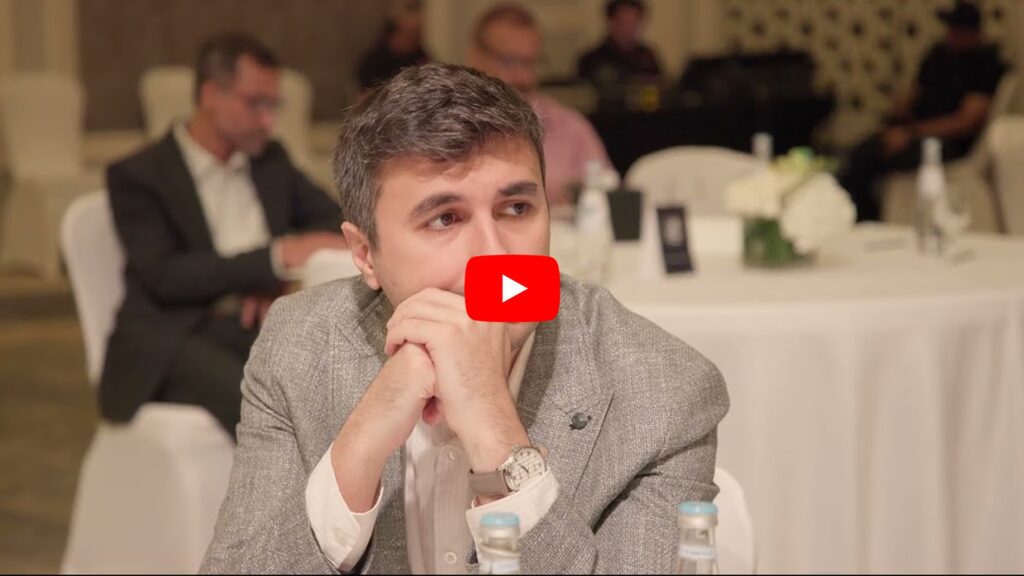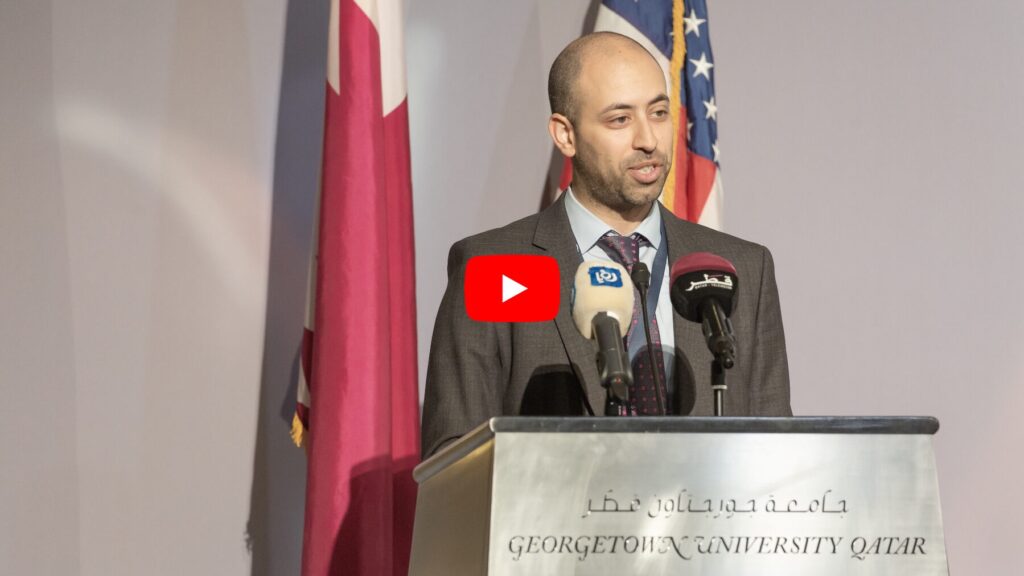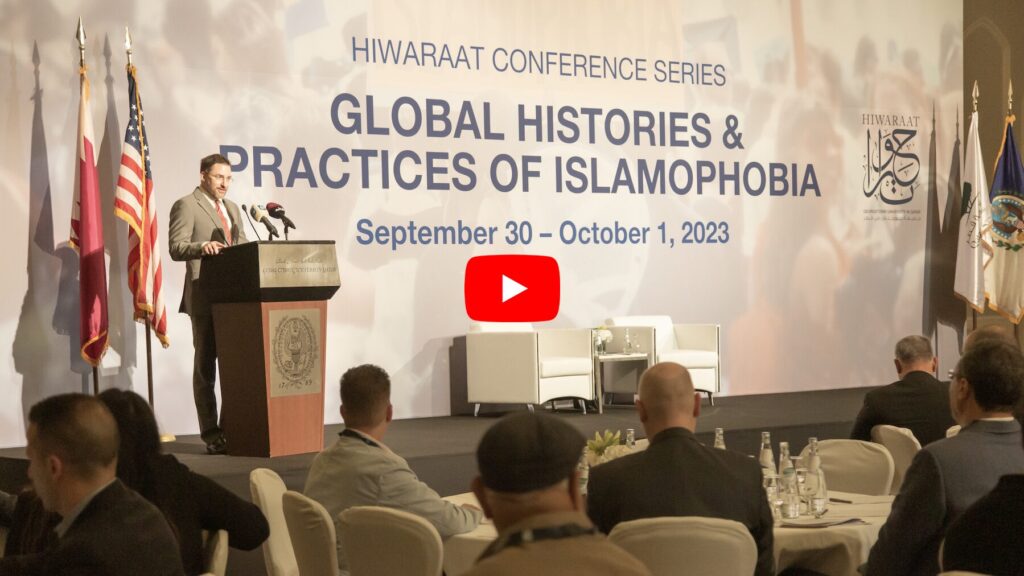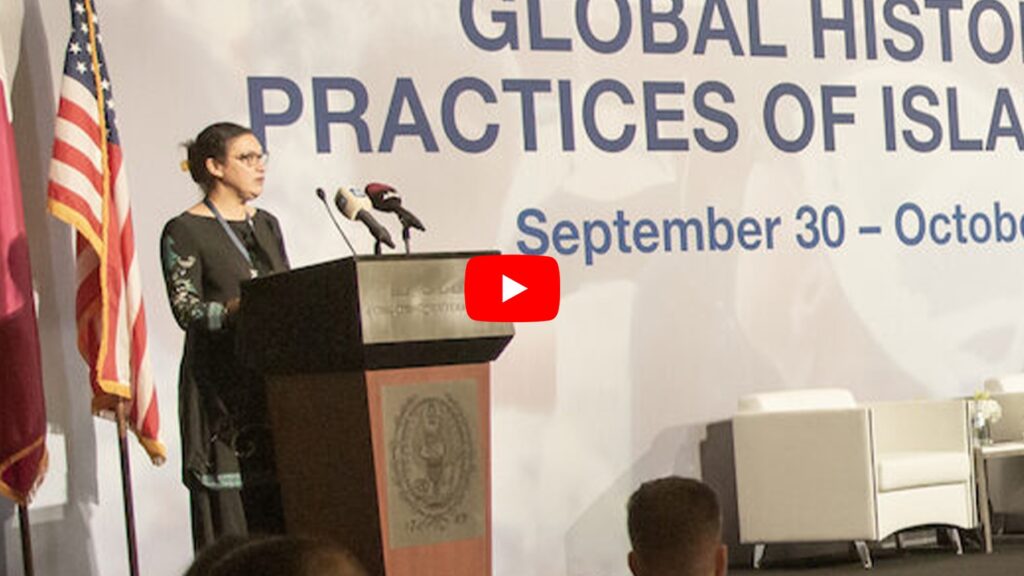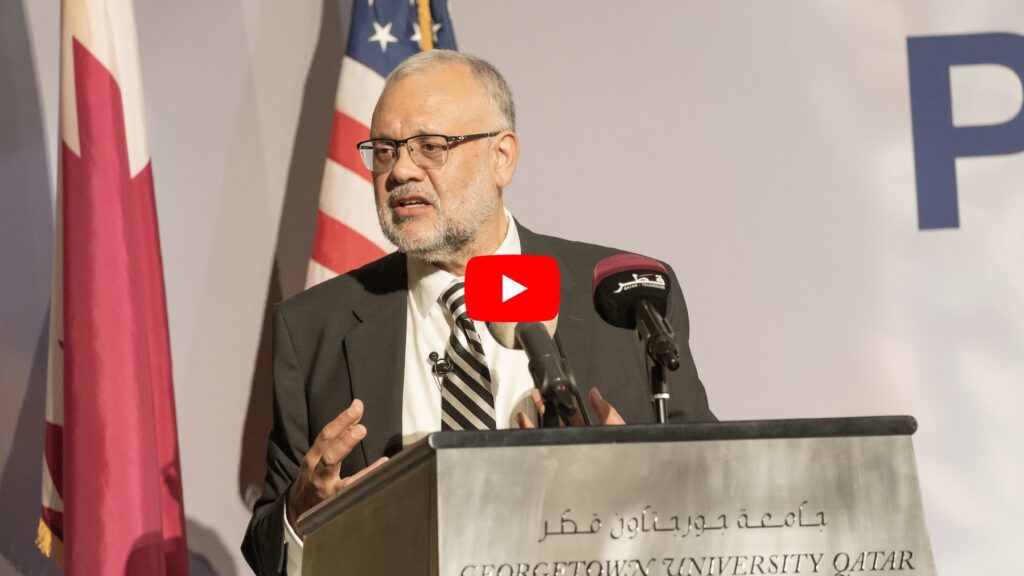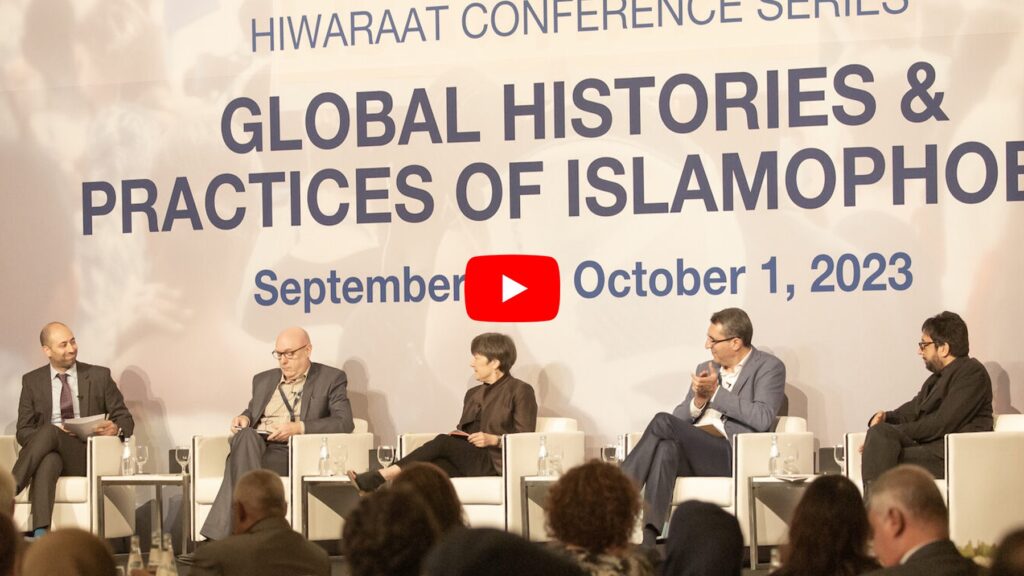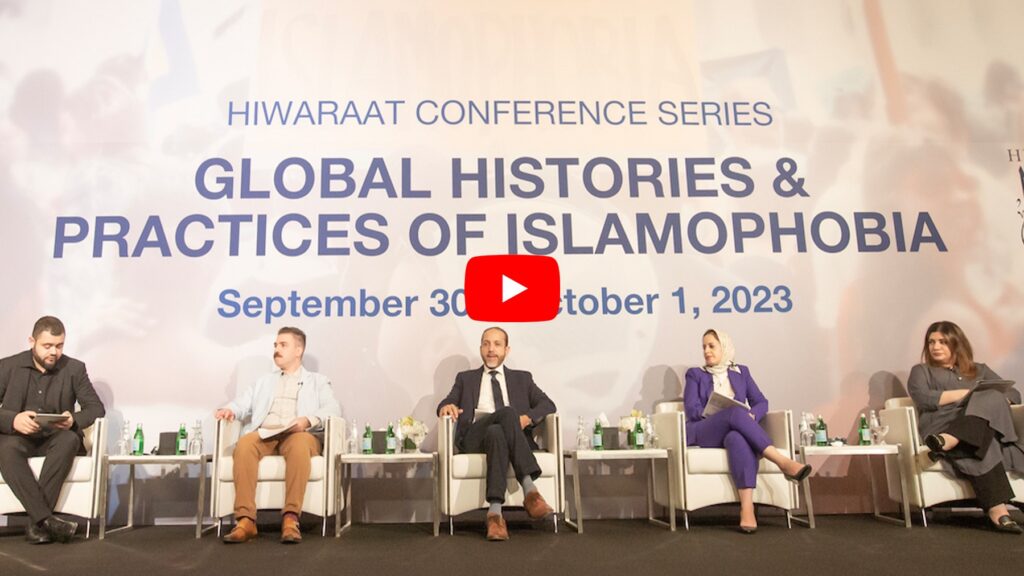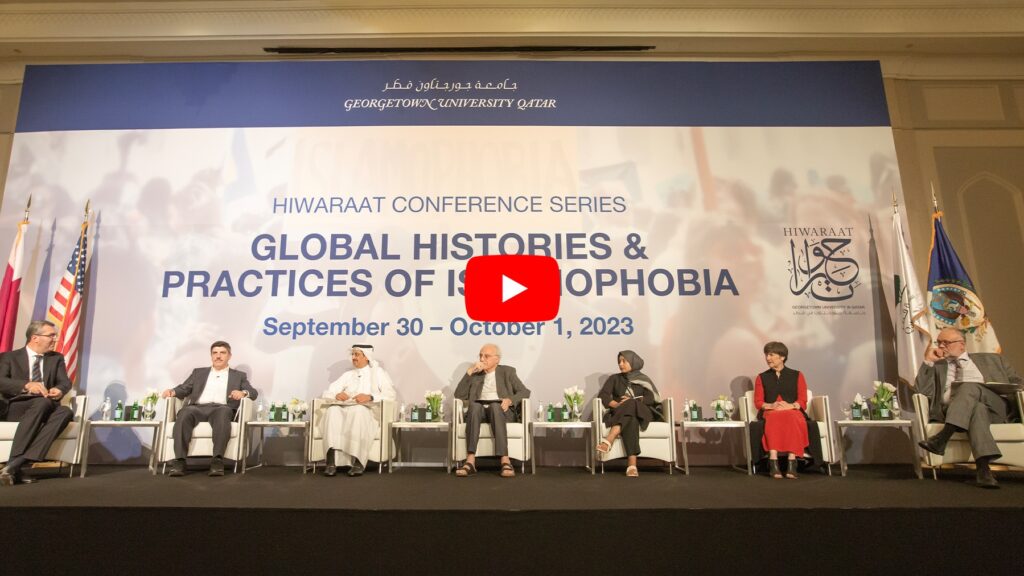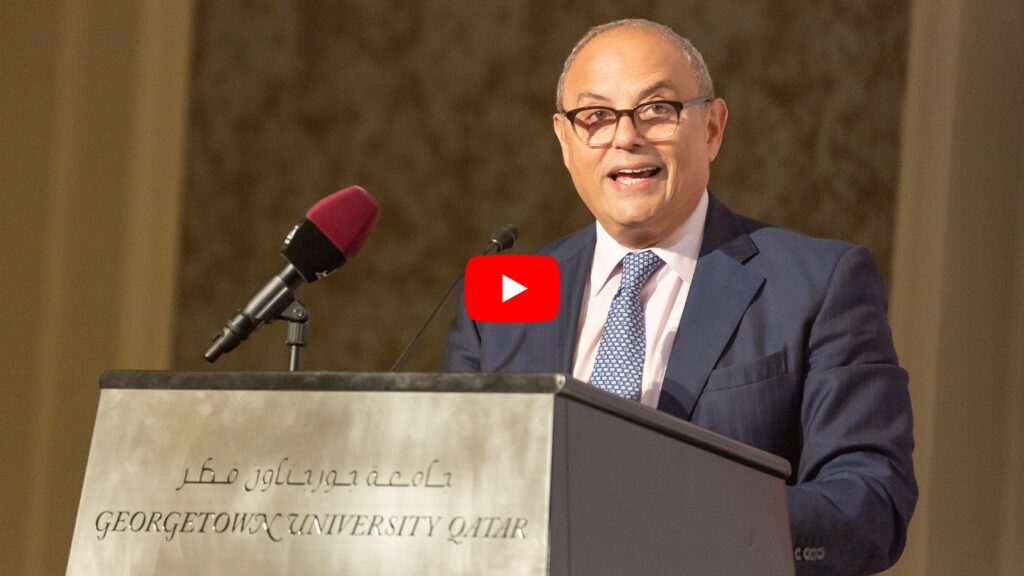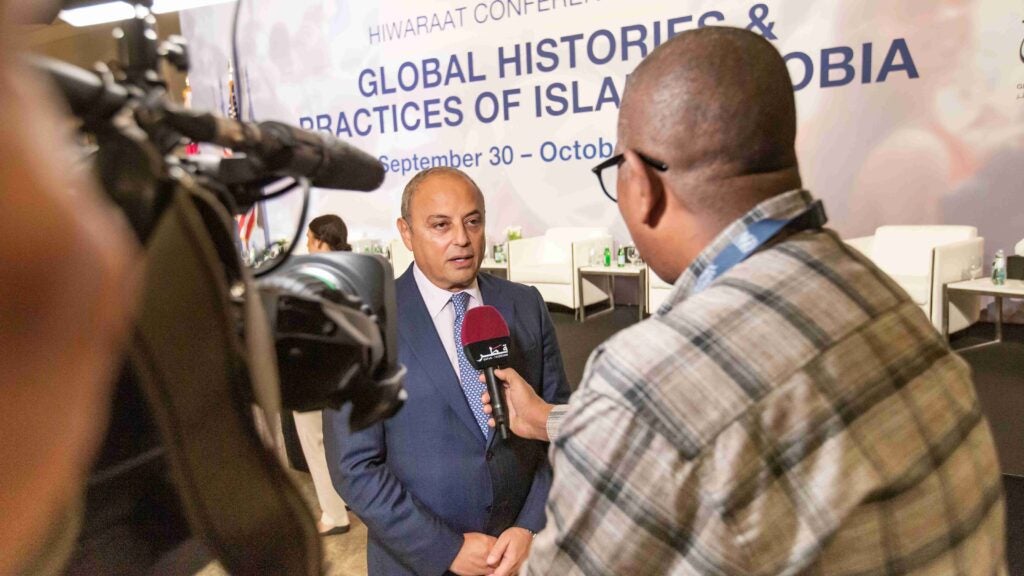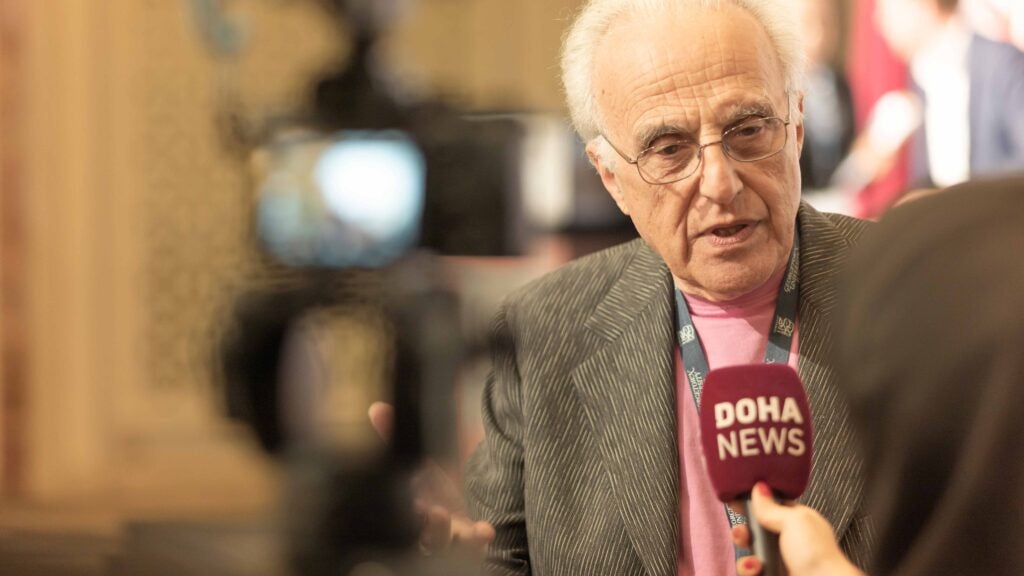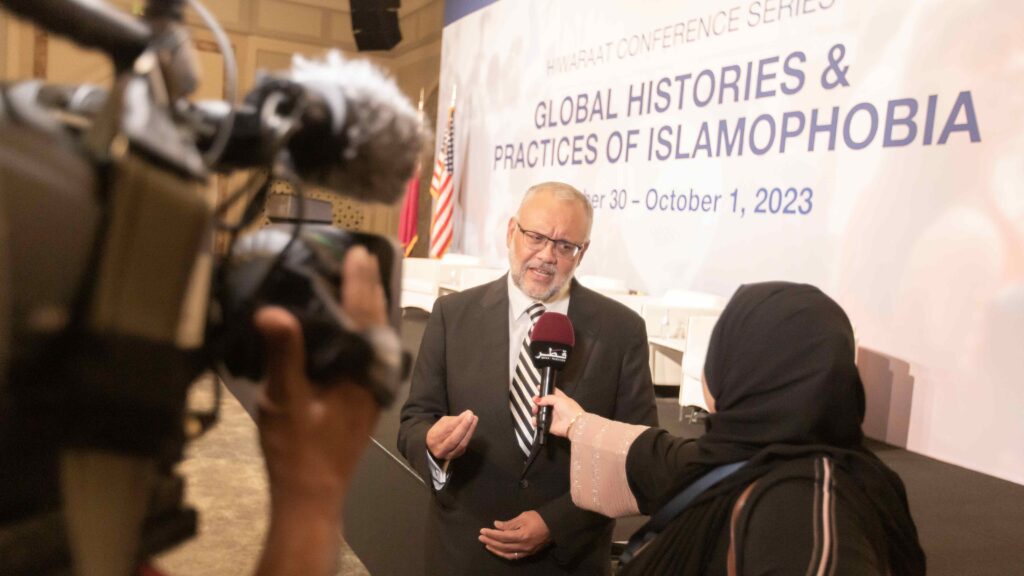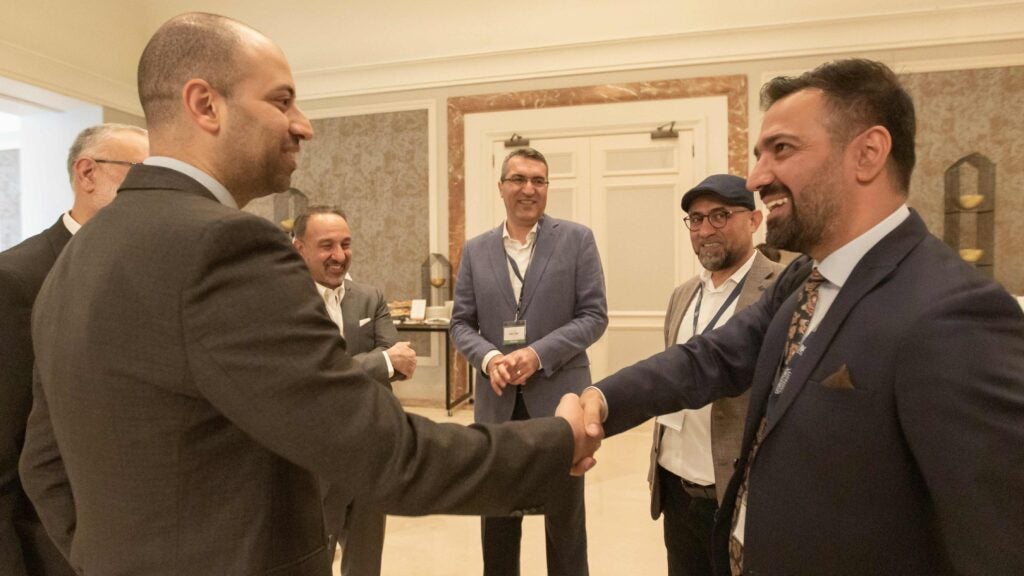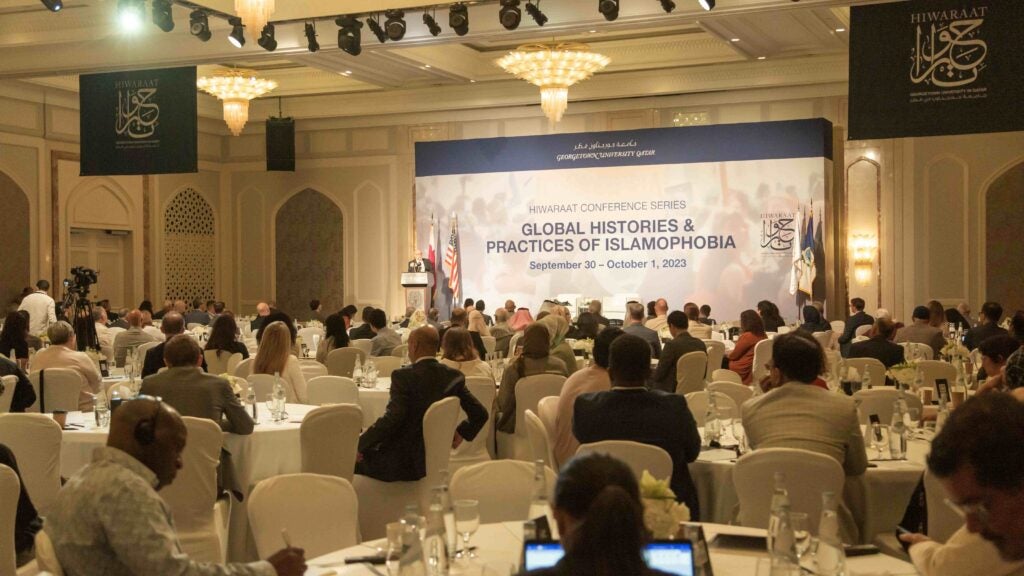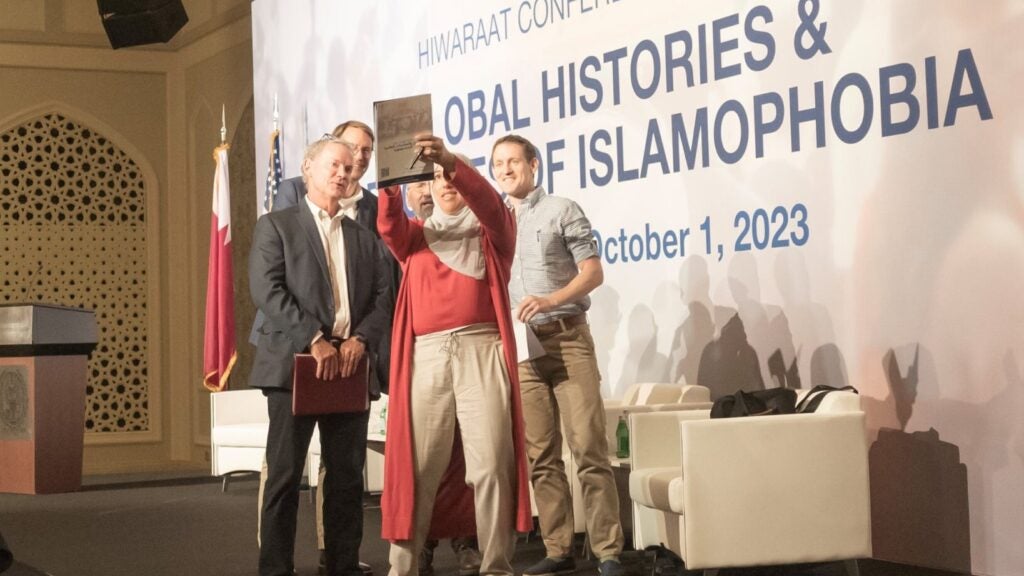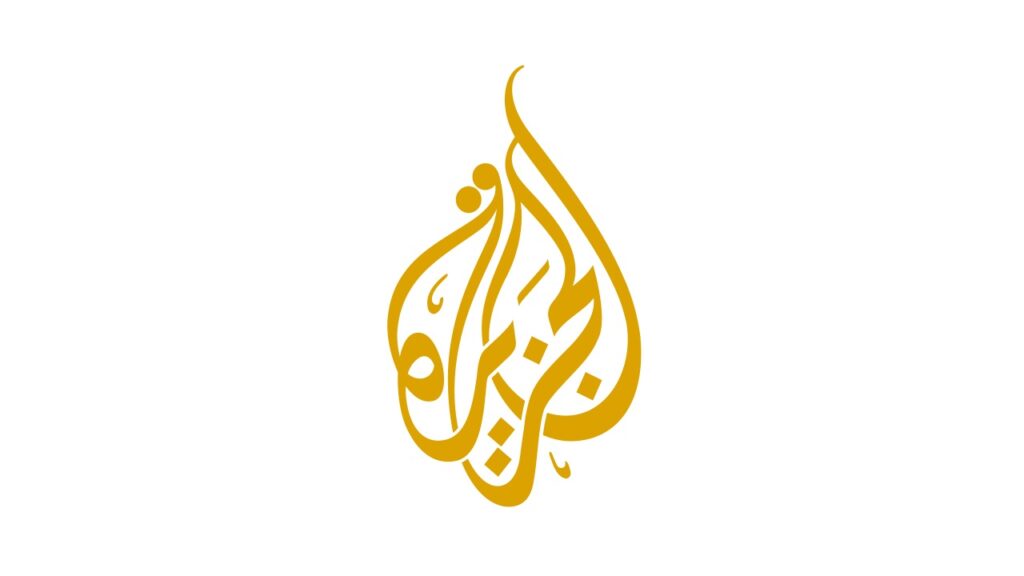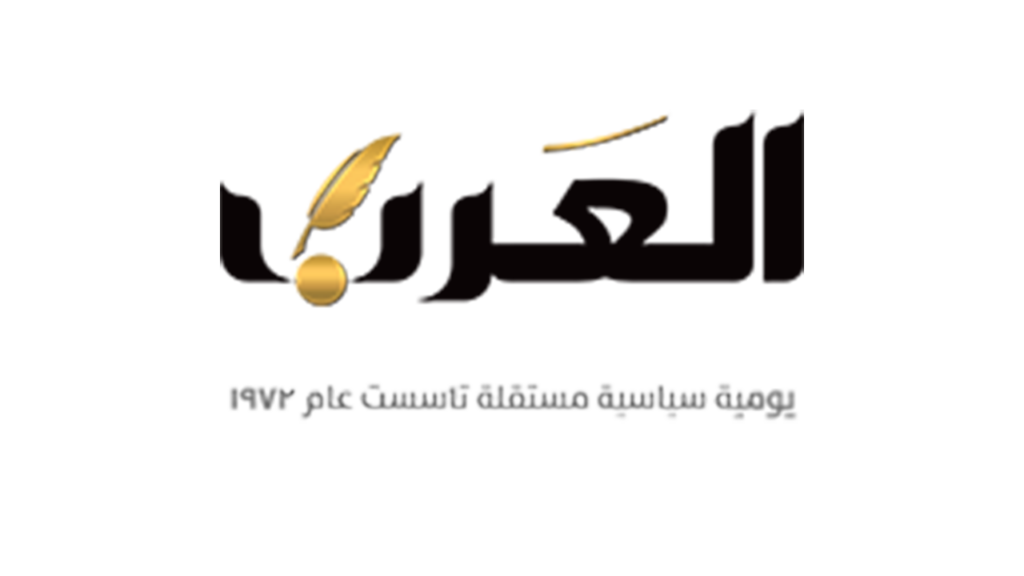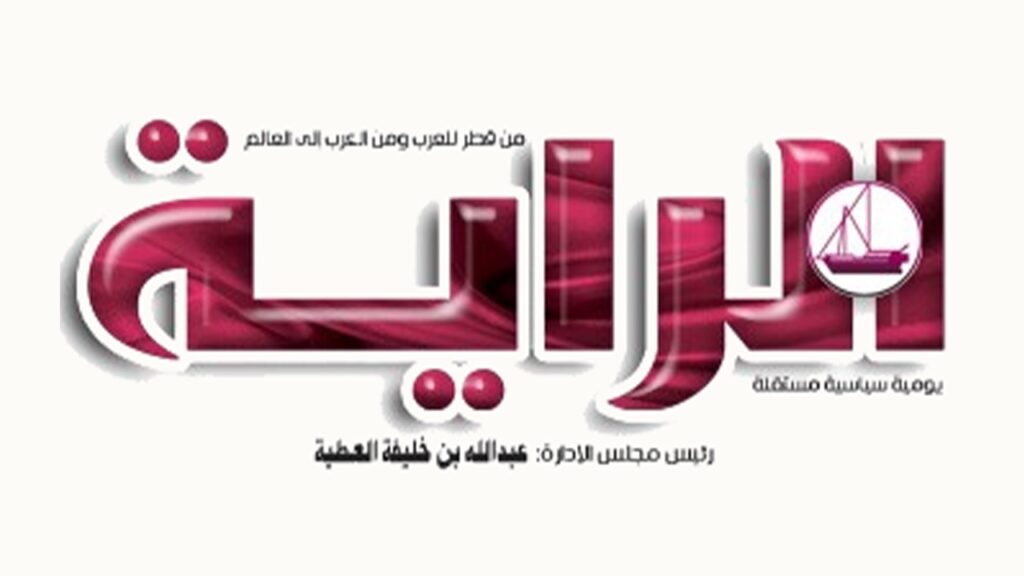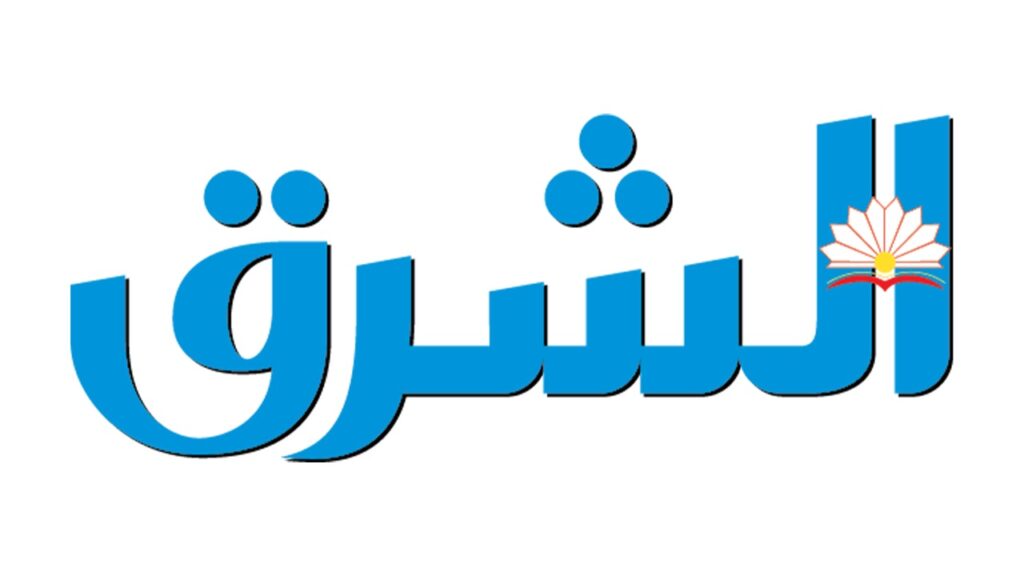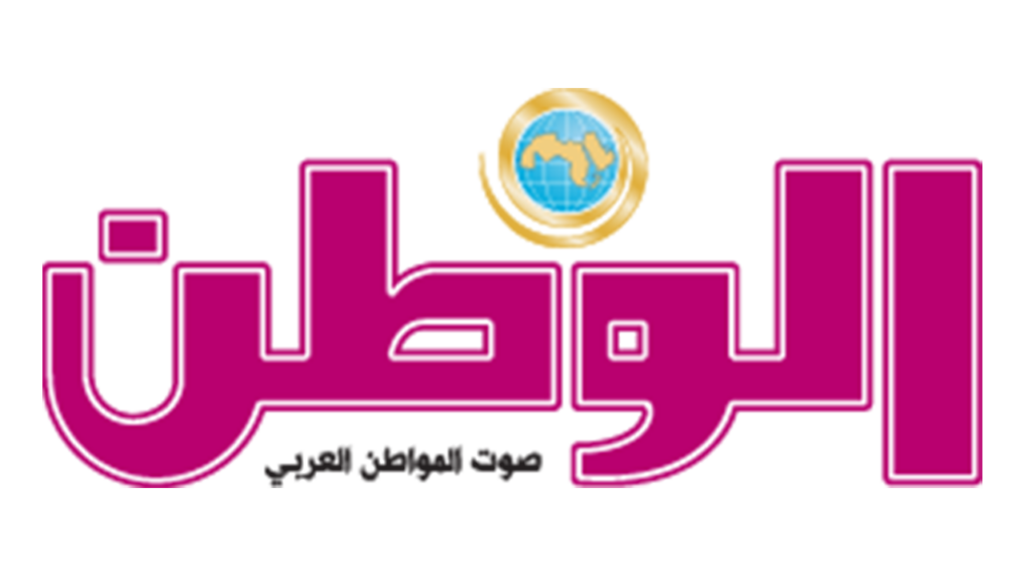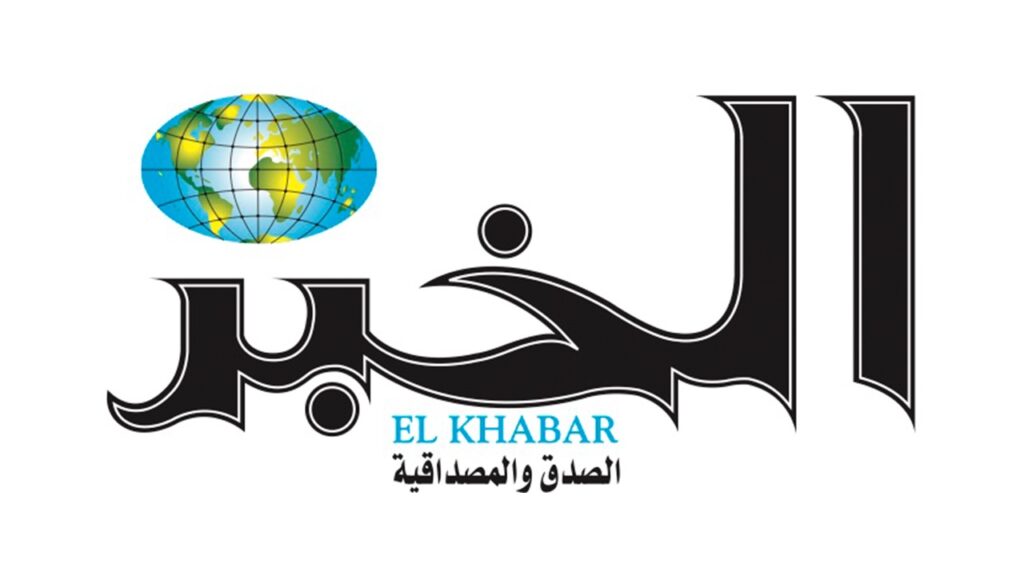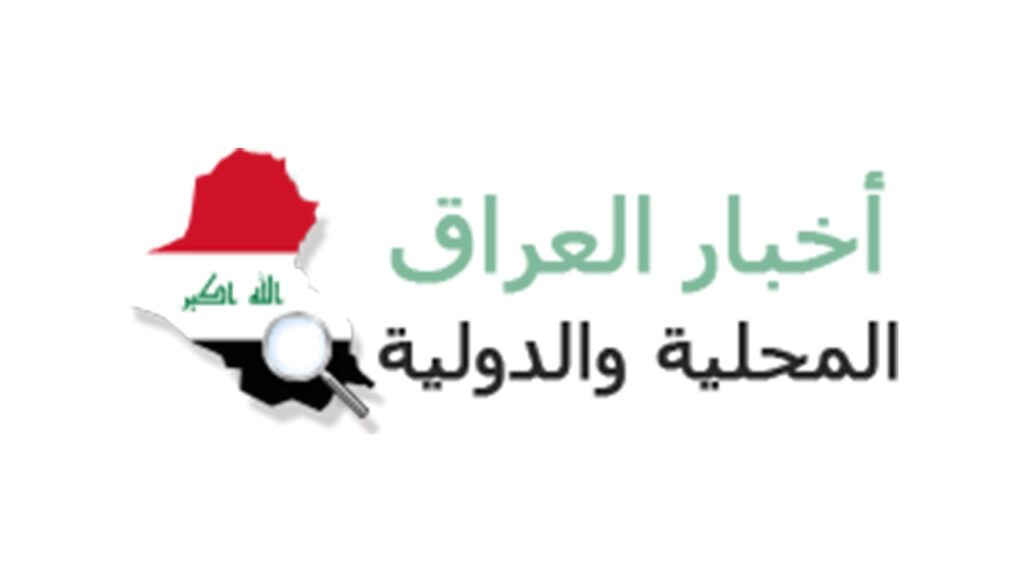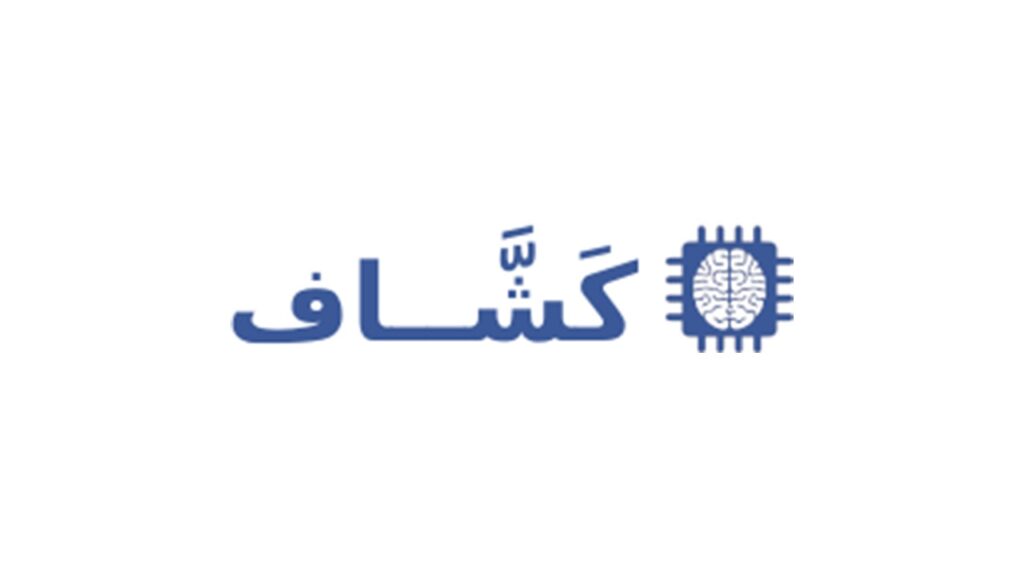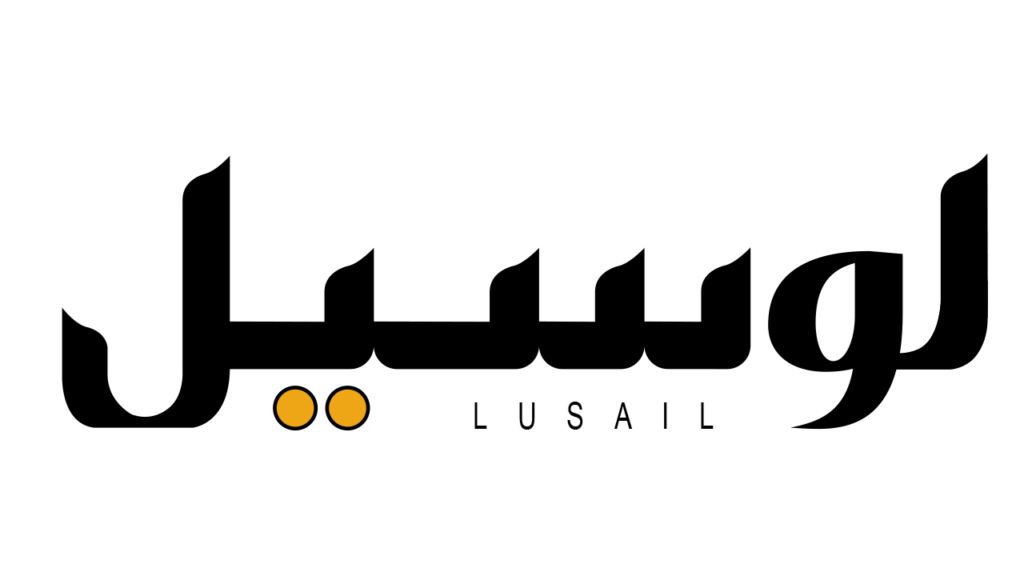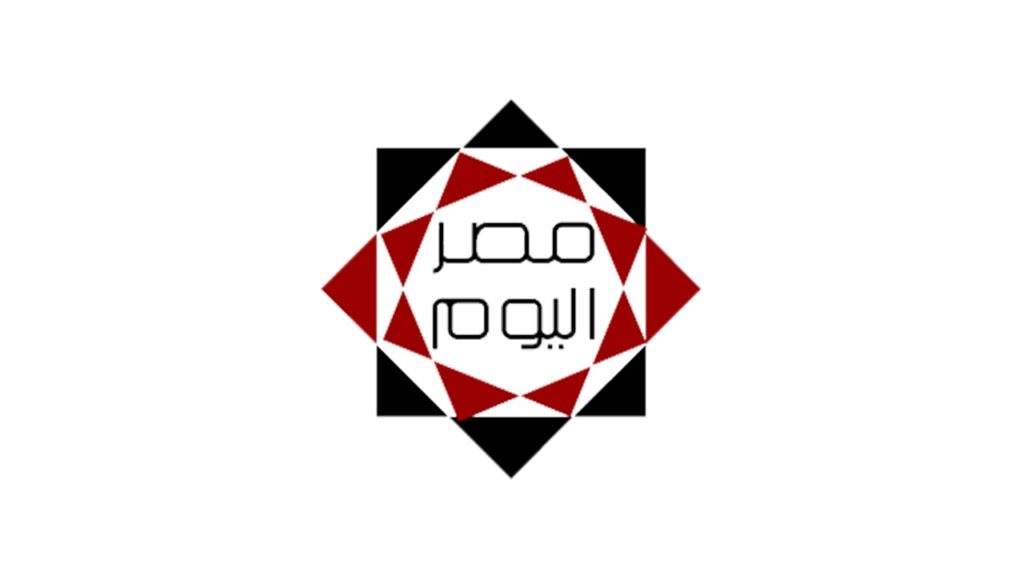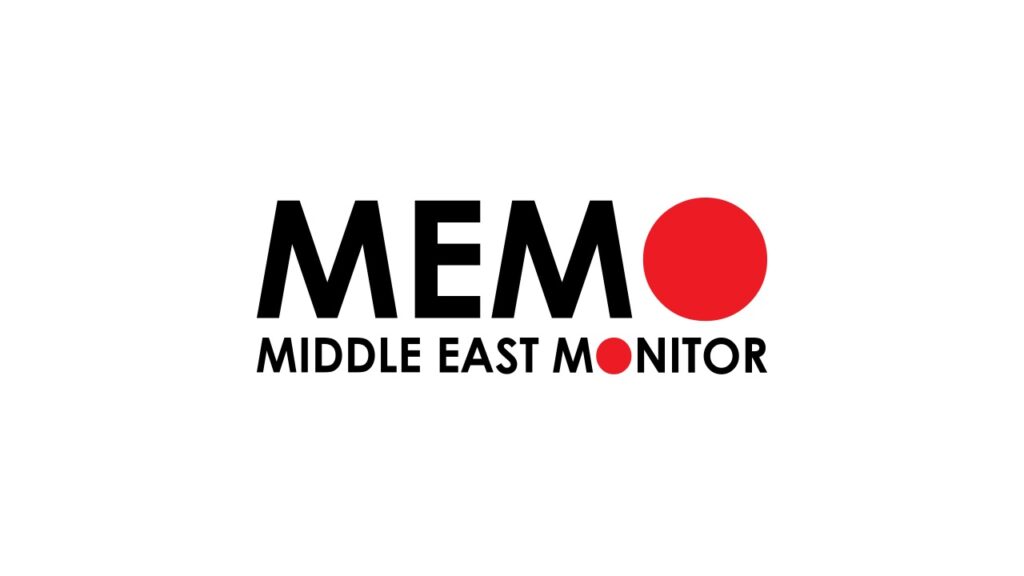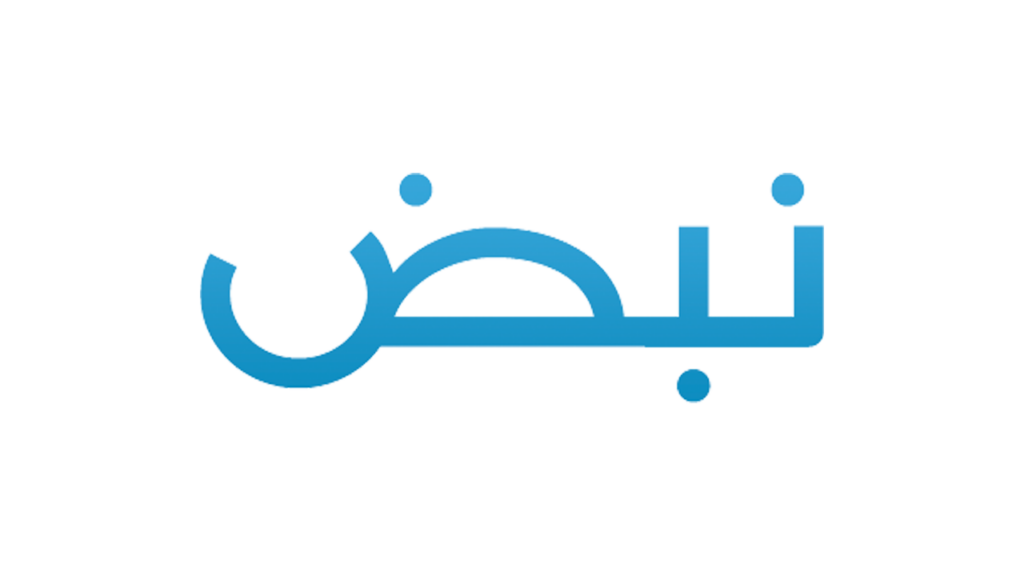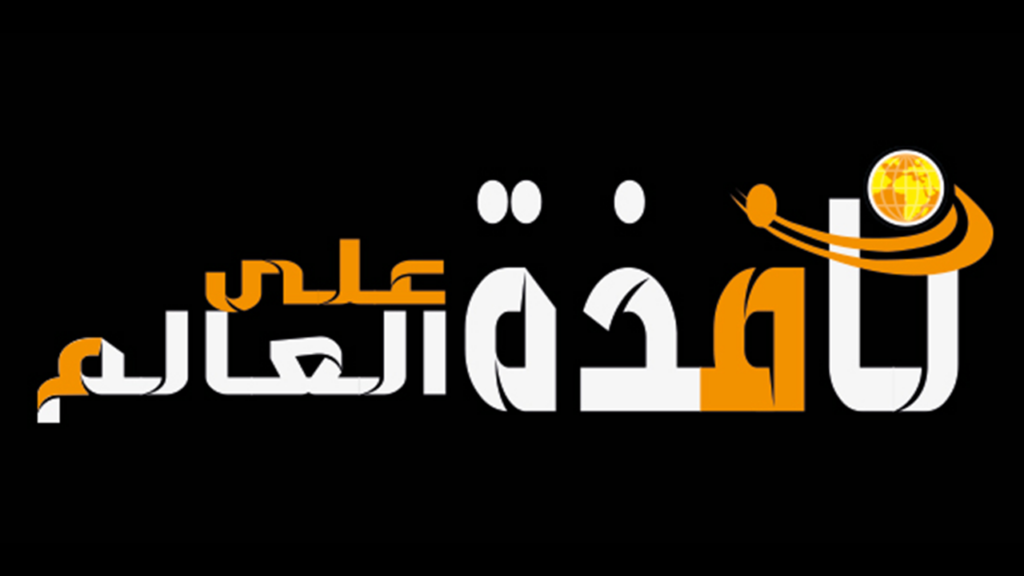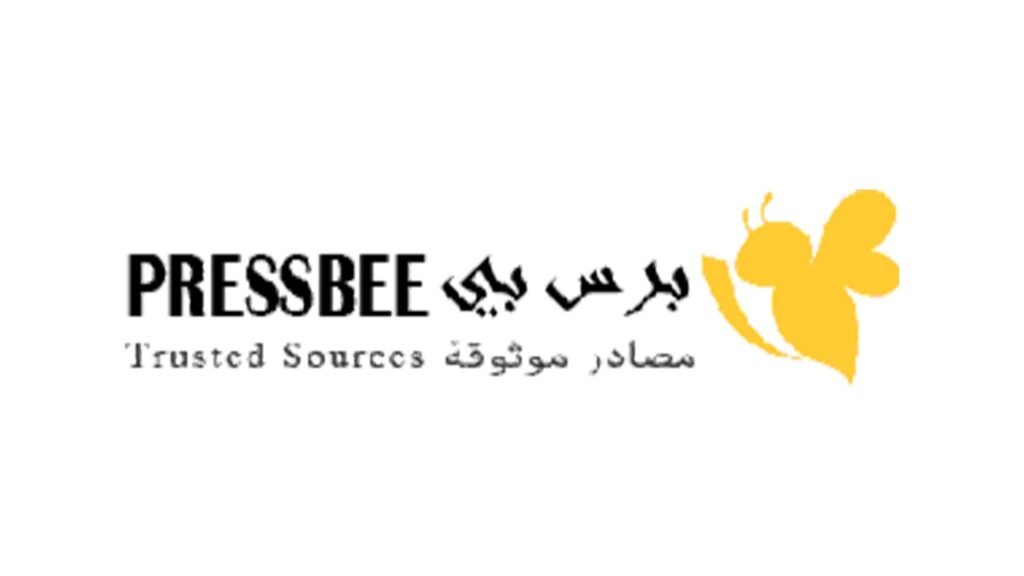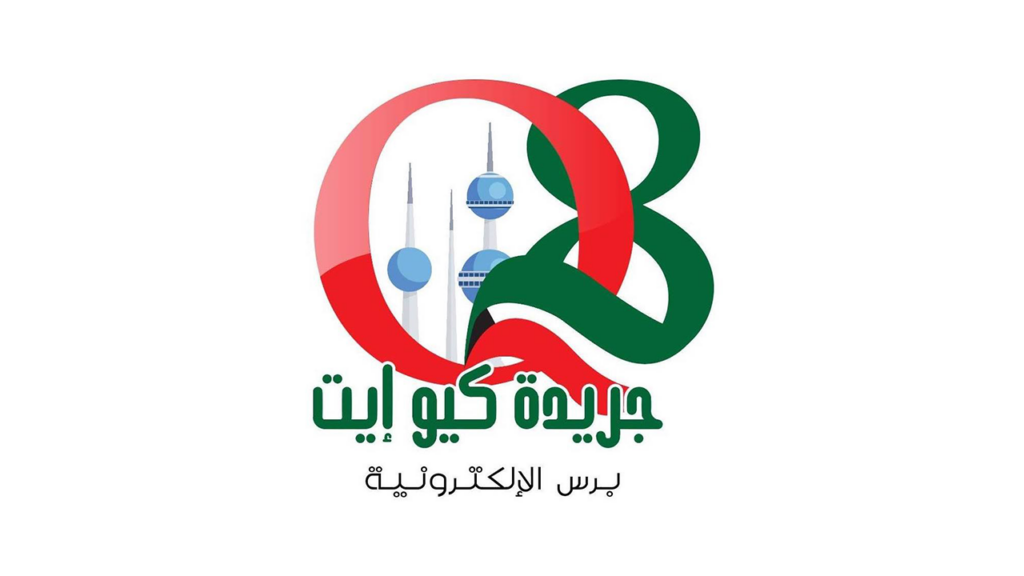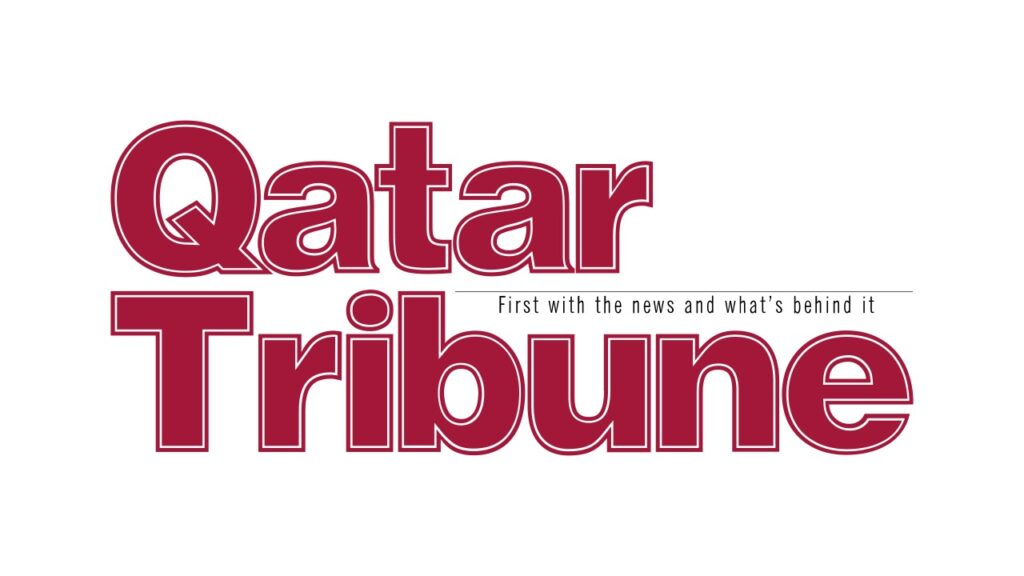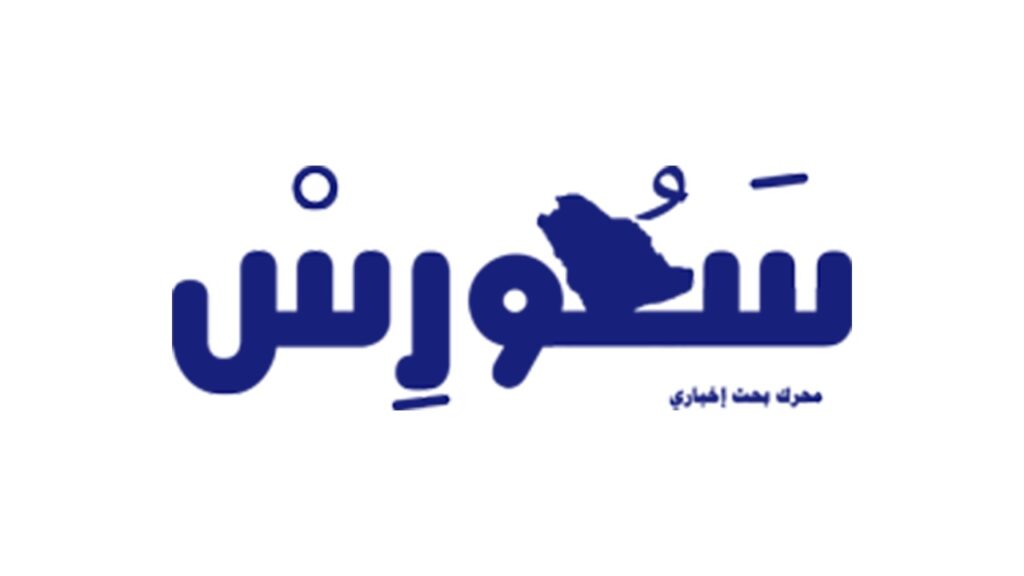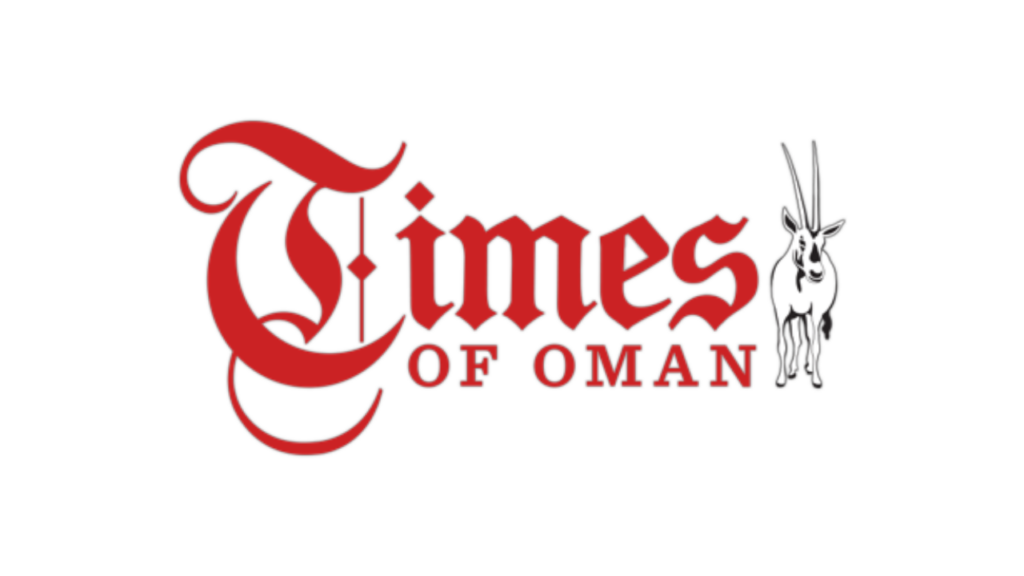HIWARAAT CONFERENCE SERIES
Global Histories and Practices of Islamophobia
September 30 – October 1, 2023
Convened by members of the Georgetown University in Qatar faculty, the second conference in the Hiwaraat series brought together a diverse collection of professionals, academics, government officials, artists, and students to explore the global, historical, theological, and political dimensions that drive practices of Islamophobia. The conference also provided a platform for public engagement on this pressing issue.
- 49 Speakers
- 651 Attendees
Day 1
Opening Remarks
Keynote Address by Ambassador Ebrahim Rasool
Ambassador Ebrahim Rasool is a renowned activist, diplomat and founder of The Call of Islam. His early activism in the anti-apartheid struggle and senior leadership positions in the United Democratic Front and the African National Congress laid the foundation for his later diplomatic roles, including serving as South Africa’s Ambassador to the United States. Through his World for All Foundation, he continues to work on establishing global cooperative relations between various faiths and cultures.
“The heroes we need today are those who can find the anti-human in the anti-Muslim...Those who can recognize common pain, common empathy, and common cause with other victims of bigotry and domination. And who can build, out of sheer pain, a mighty solidarity.”
—Ambassador Ebrahim Rasool, World for All Foundation
Intellectual Roots of Islamophobia
In this panel discussion moderated by Abdullah Al-Arian, Associate Professor of History at GU-Q, esteemed political scientists, theorists, historians and experts in Islam identified the historical sources of anti-Islamic rhetoric and its lasting impact on the perception of Islam and Muslims today.
Panelists:
Andrew Hammond, University of Oxford
Anne Norton, University of Pennsylvania
Firat Oruc, Georgetown University Qatar
Salman Sayyid, University of Leeds
“Islamophobia is a type of racialized governance that governs expressions of Muslimness, though you don’t have to be Muslim to be subject to Islamophobia.”
—Salman Sayyid, University of Leeds
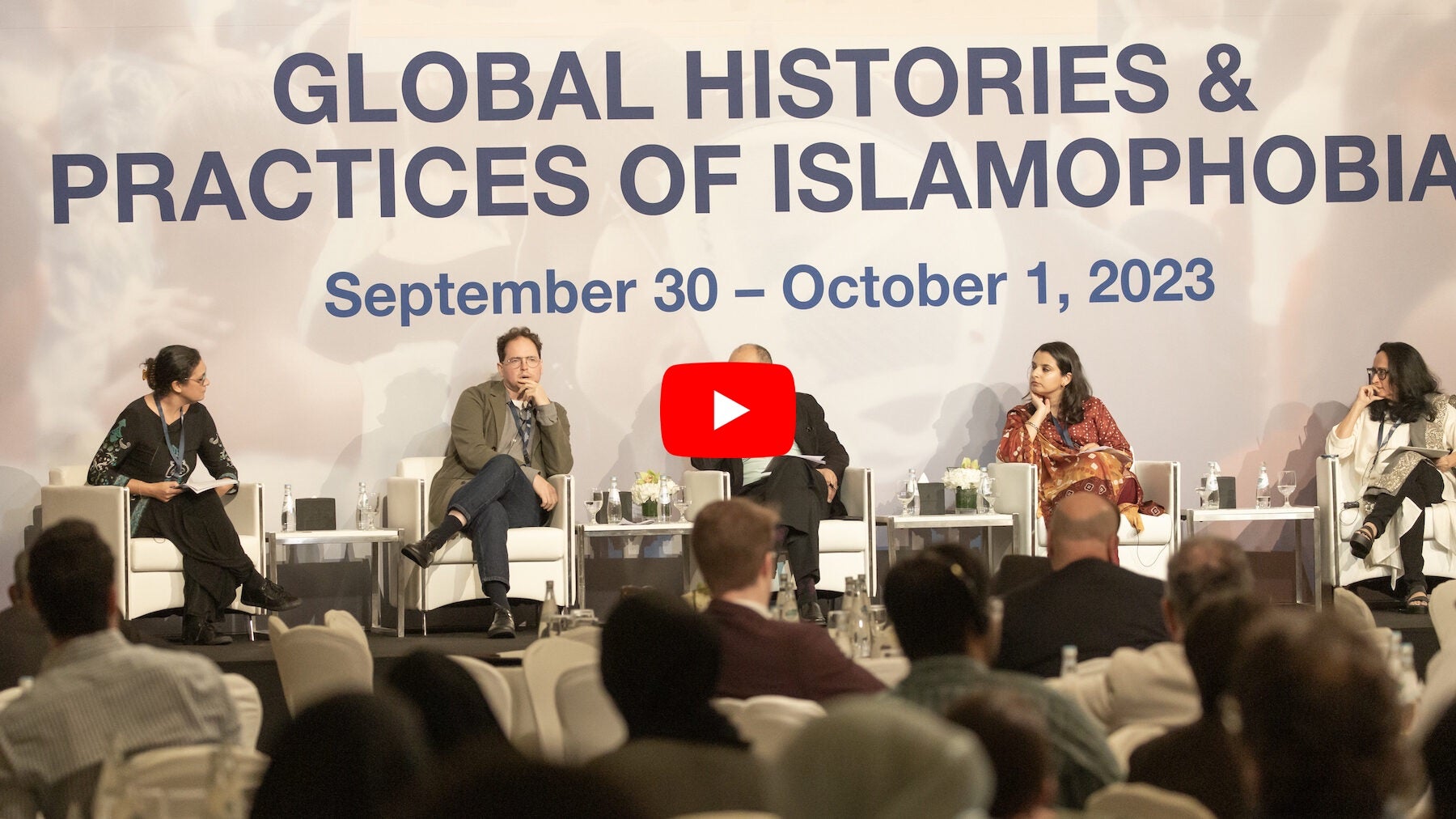
Islamophobia and Empire
Chaired by Associate Professor of History Karine Walther, this panel discussed the promulgation of Islamophobia as a tool to control resources and power.
Panelists:
Oli Charbonneau, University of Glasgow
Hafsa Kanjwal, Lafayette College
Deepa Kumar, Rutgers University
Nader Hashemi, Georgetown University

Islamophobia and Racialization
Assistant Professor of History Anne-Sophie Pratte chaired this discussion on the economic, intellectual, and philosophical ties between racism and anti-Islamic sentiment.
Panelists:
Sahar Aziz, Rutgers University
Haiyun Ma, Frostburg State University
Nahed Samour, Radboud University.
Stephen Sheehi, College of William & Mary
Student and Community Forum
Activist and Creative Responses to Islamophobia
Interactive workshops invited GU-Q students and community members to engage with activists and artists who are at the forefront of combating Islamophobia. Invited experts conducted hands-on workshops and shared their effective strategies, achievements, and creative ways of responding to anti-Muslim bigotry.
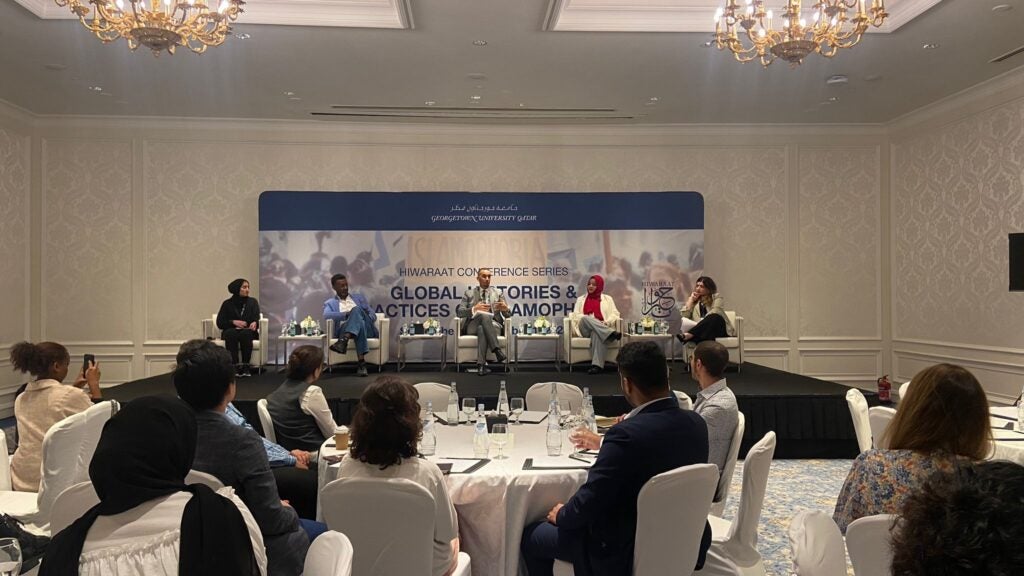
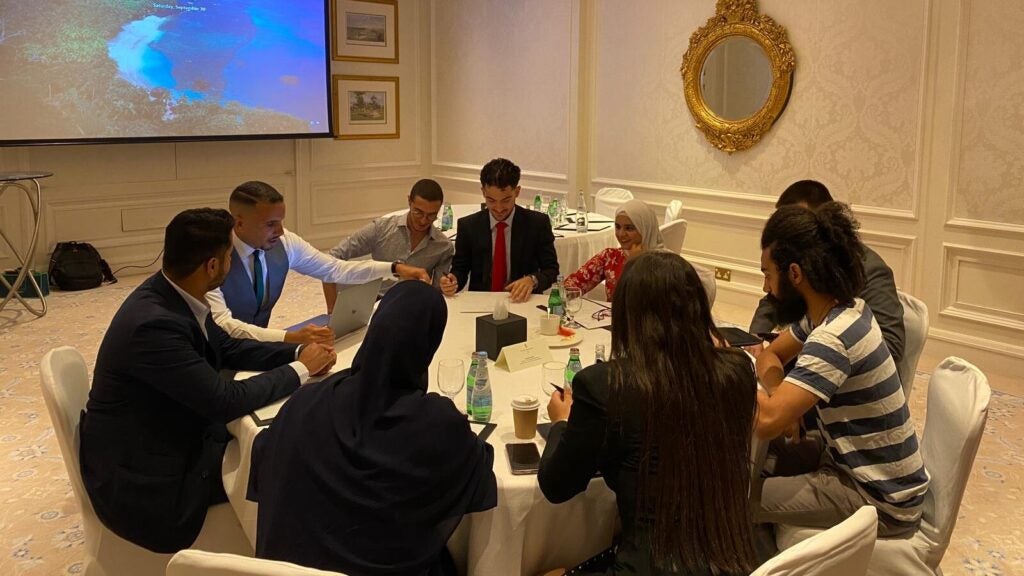
Day 2
Constructing the Narrative: Islamophobia and the Media
Chaired by Jamal Elshayyal, journalist, producer, and strategist at Al Jazeera, this discussion convened documentarians, scholars, and media figures. They provided a deep dive into the internal and external pressures that lead media networks to create negative portrayals of Islam and Muslims.
Panelists:
Spencer Ackerman, The Nation
Laila Al-Arian, Aljazeera Network
Mohamad Elmasry, Doha Institute for Graduate Studies
Sana Saeed, AJ+
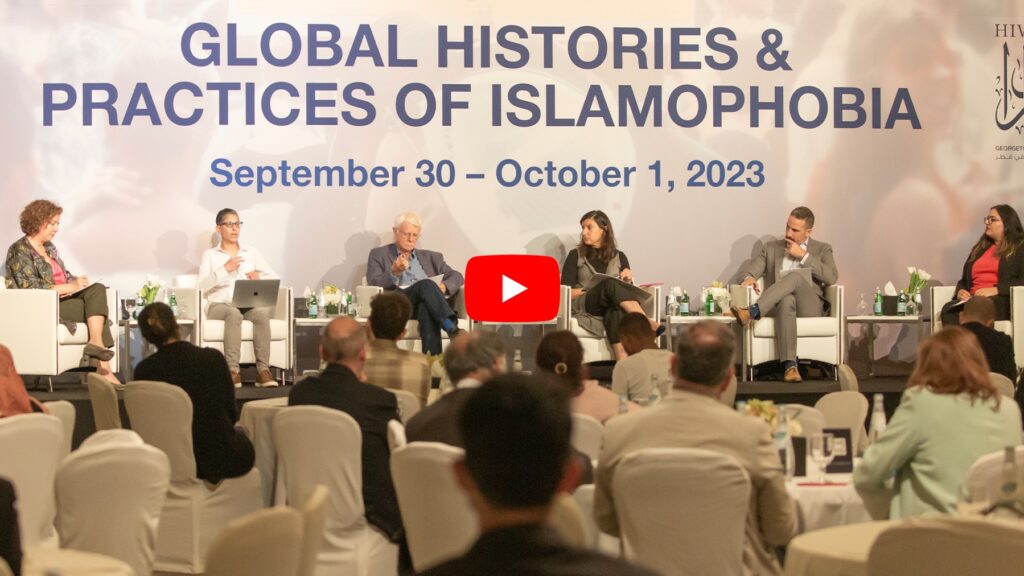
Islamophobia and the Global War on Terror
Visiting Assistant Professor Nadya Sbaiti moderated this discussion with activists and academics on the impact of the global war on terror on familities and communities around the world, and what can be done to stop it.
Panelists:
Lisa Bhungalia, Kent State University
Haim Bresheeth-Zabner, SOAS University of London
Carol W.N. Fadda, Syracuse University
Thomas Simsarian Dolan, Emory University
Zaynab Quadri, Ohio State University
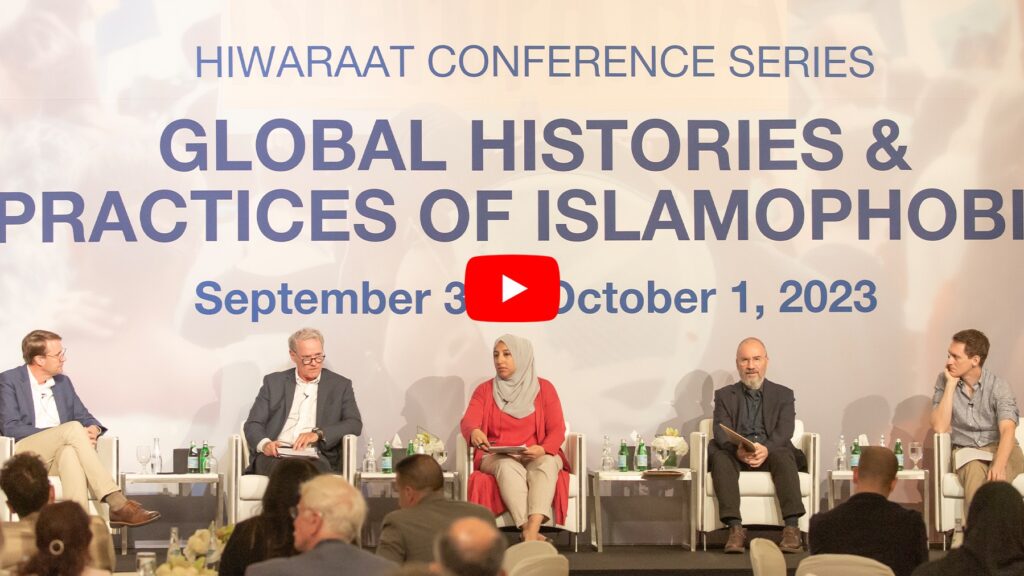
Qatar, the World Cup, and Islamophobia
Visiting Research Fellow Danyel Reiche led this penetrating discussion into how Islamophobic narratives affected coverage of the Qatar FIFA World Cup 2022, and the impact of sports diplomacy on combatting Islamophobia.
Panelists:
Craig LaMay, Northwestern University Qatar
Shireen Ahmad, Multi-platform Sports Journalist
Tony Karon, Al Jazeera Media Network
Thomas Ross Griffin, Qatar University
Student and Community Forum
Tackling Islamophobia on College Campuses
In coordination with GU-Q Student Affairs and student clubs, this forum focused on what universities have done and should do to combat Islamophobia and its impact on college campuses, and addressed the specific and personal ways that Islamophobia is experienced and confronted in the context of higher education.
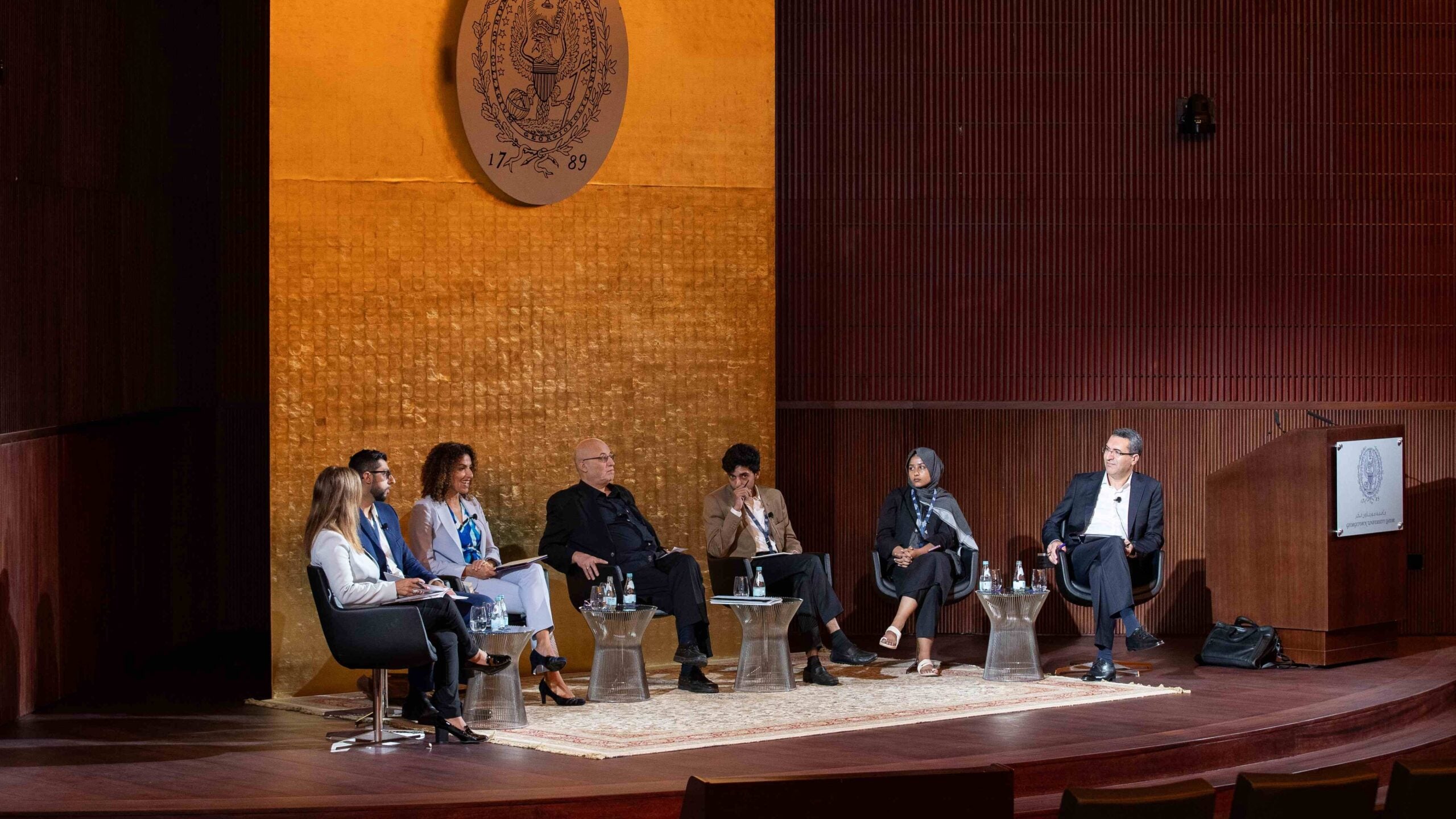
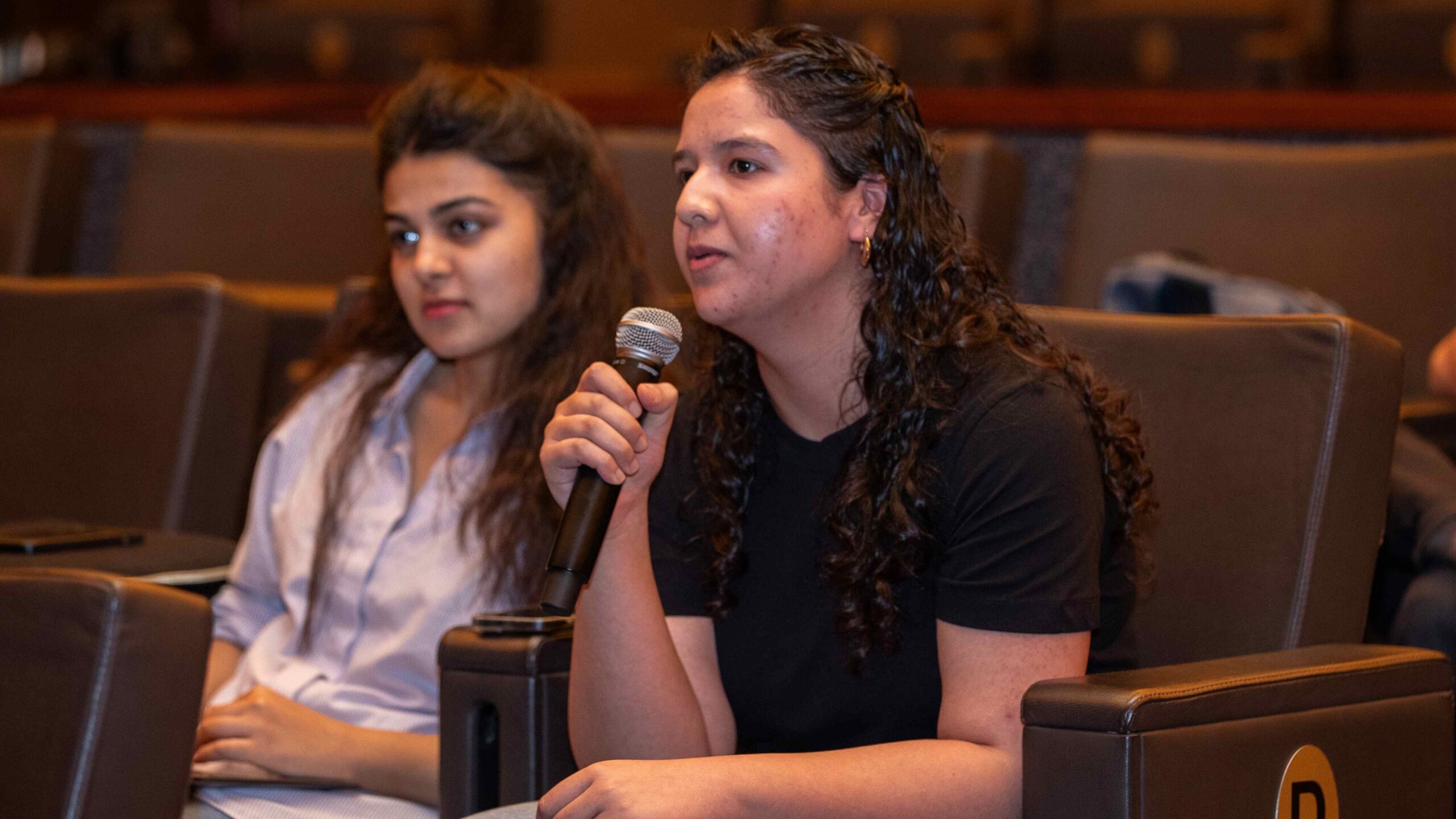
Closing Roundtable Discussion
In the concluding panel discussion, prominent figures combatting Islamophobia in Qatar and globally addressed the primary factors fueling anti-Islamic sentiment worldwide. They also discussed strategies to raise awareness and counteract this harmful discourse.
Chair: Firat Oruc, Georgetown University in Qatar
Yasin Aktay, Turkish Academy of Science (TÜBA)
Anne Norton, University of Pennsylvania
His Excellency Dr. Khalid Fahad Al-Khater, Ministry of Foreign Affairs of Qatar
John Esposito, Georgetown University
Afreen Fatima, Jawaharlal Nehru University
Ambassador Ebrahim Rasool, World for All Foundation
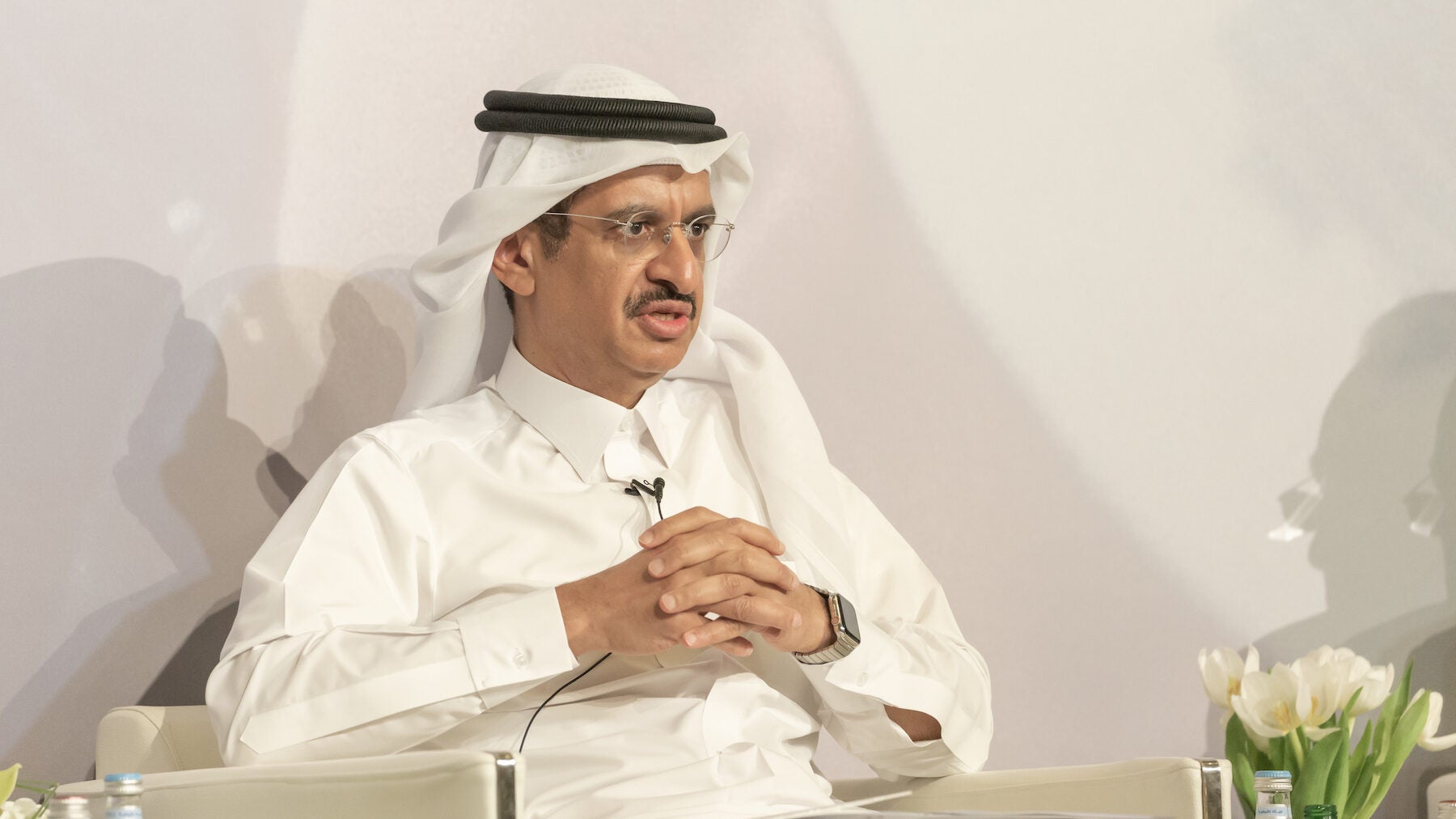
“As part of its foreign policy agenda, the Ministry of Foreign Affairs is currently undertaking a series of initiatives on anti-racism, including Islamophobia. As such, it welcomes this conference as a timely intervention to draw the world’s attention to this critical issue.”
—HE Ambassador Khalid Fahad al Khater, Director, Policy Planning, Ministry of Foreign Affairs
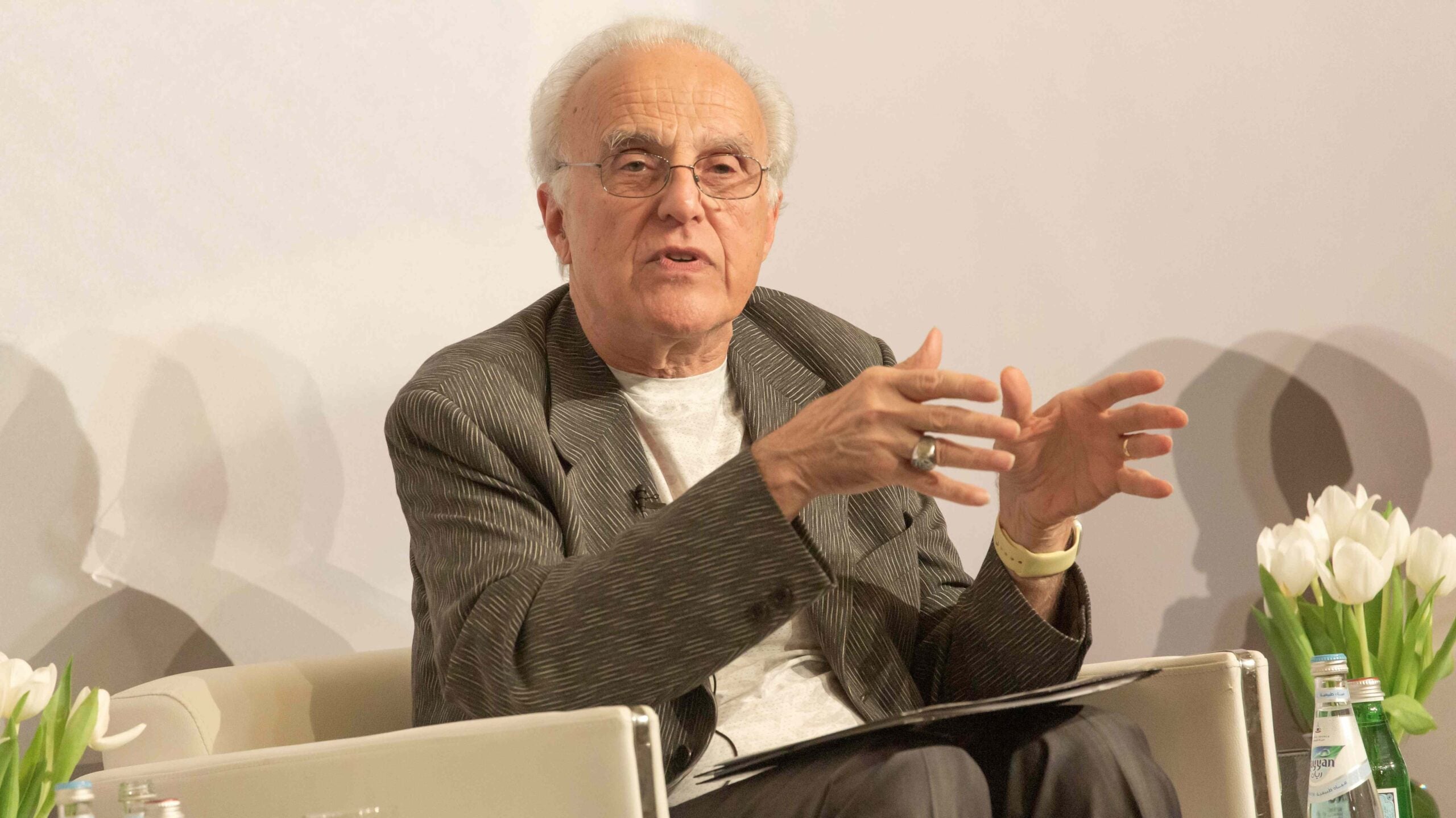
“I think that the value of this conference is that it underscores the extent to which there has been a globalization of Islamophobia…Islamophobia is not something that’s going to go away soon, the situation has gotten worse and worse.”
—John Esposito, Professor of Religion, International Affairs, and Islamic Studies, Georgetown University
Conference Convenors
GU-Q professors Abdullah Al Arian, Firat Oruc, and Karine Walther organized and convened the conference, which emerged from the “Global Histories and Practices of Islamophobia” research project at the Center for International and Regional Studies (CIRS).
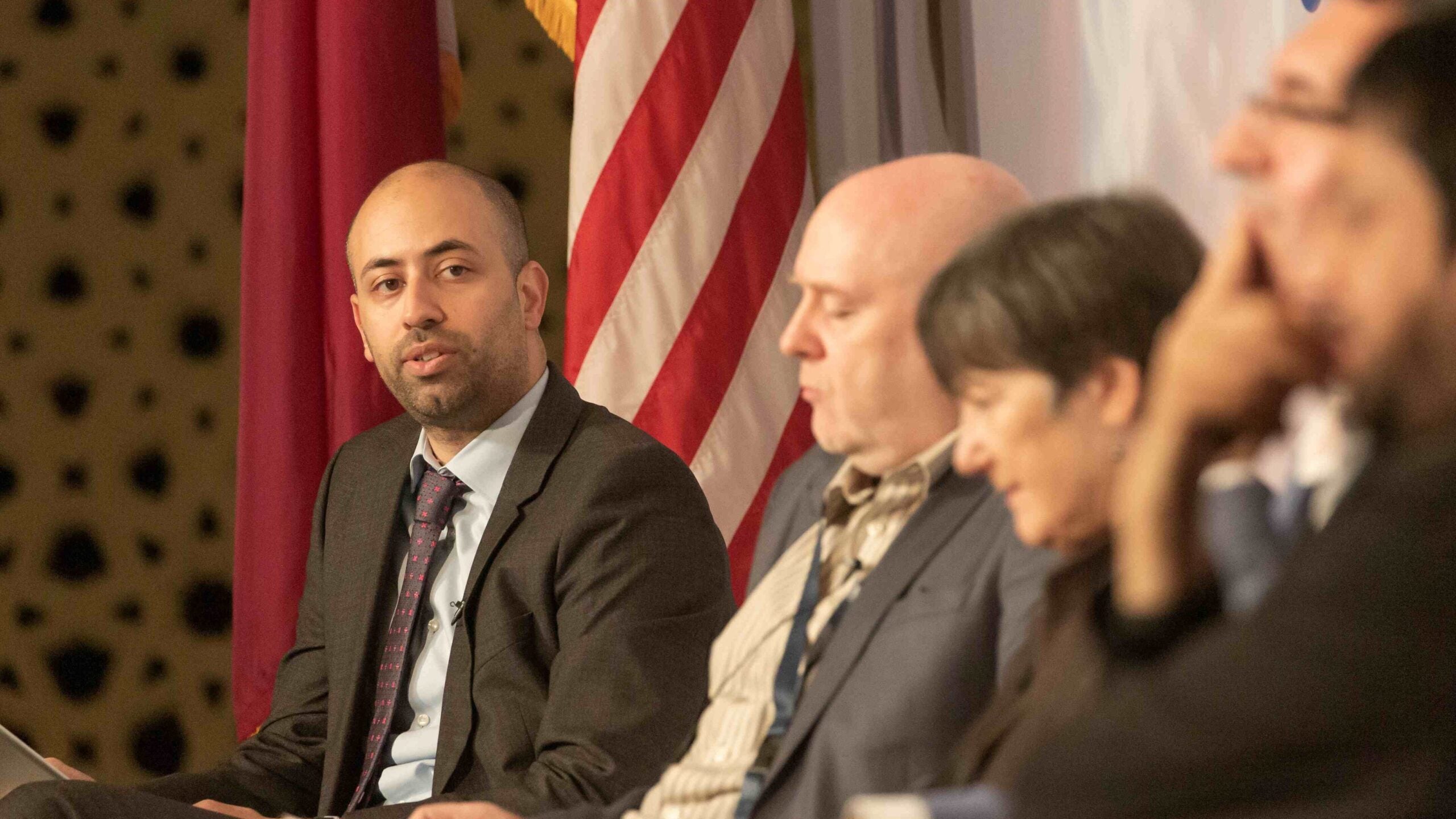
Abdullah Al-Arian
Abdullah Al-Arian is Associate Professor of History and Chair of International History at GU-Q, where he specializes in the modern Middle East and the study of Islamic social movements.
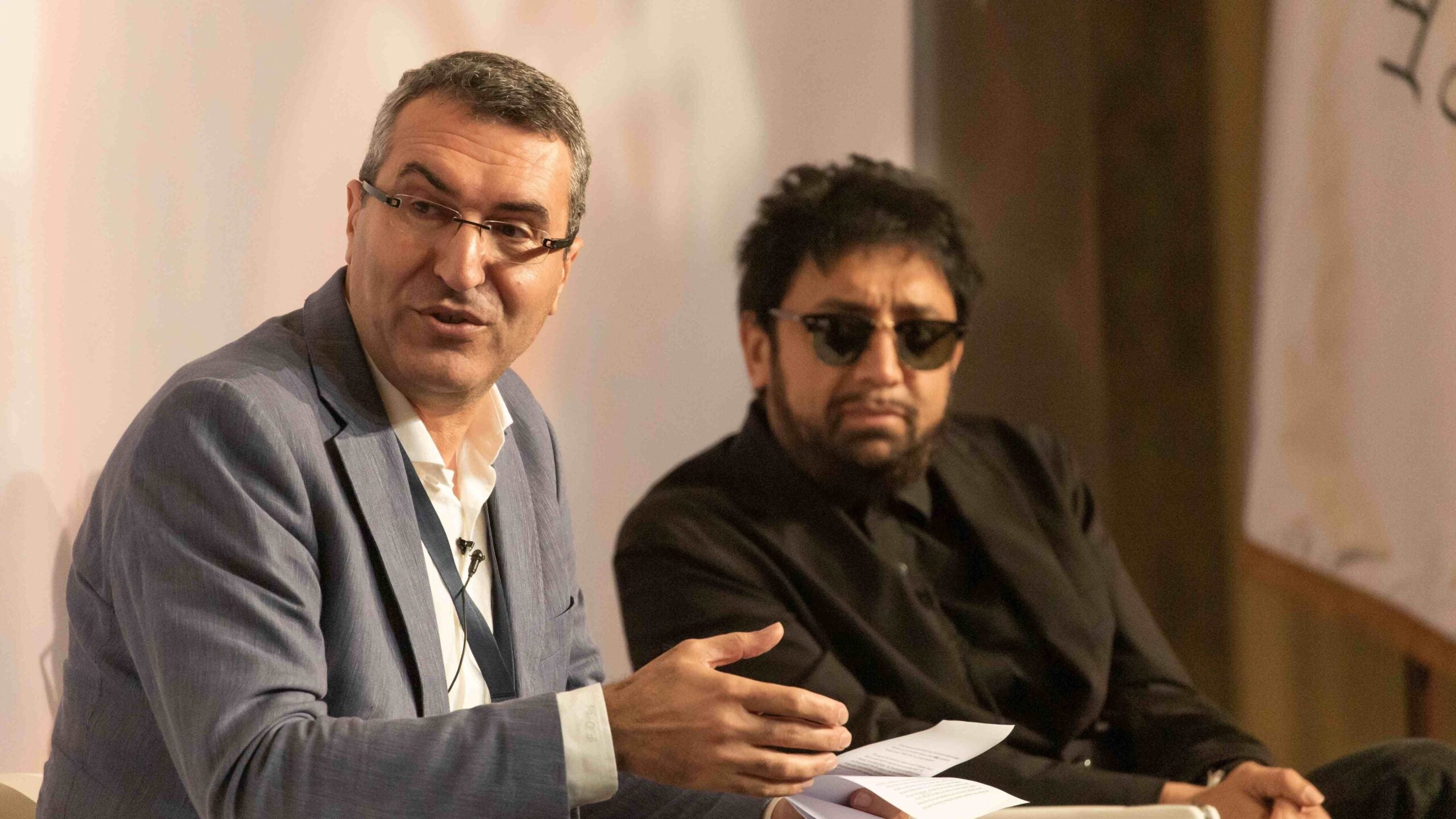
Firat Oruc
Firat Oruc is Associate Teaching Professor of Culture and Theory at GU-Q where he is co-lead of the Energy Humanities Research Initiative at the CIRS and Director of the Certificate in Media and Politics program.
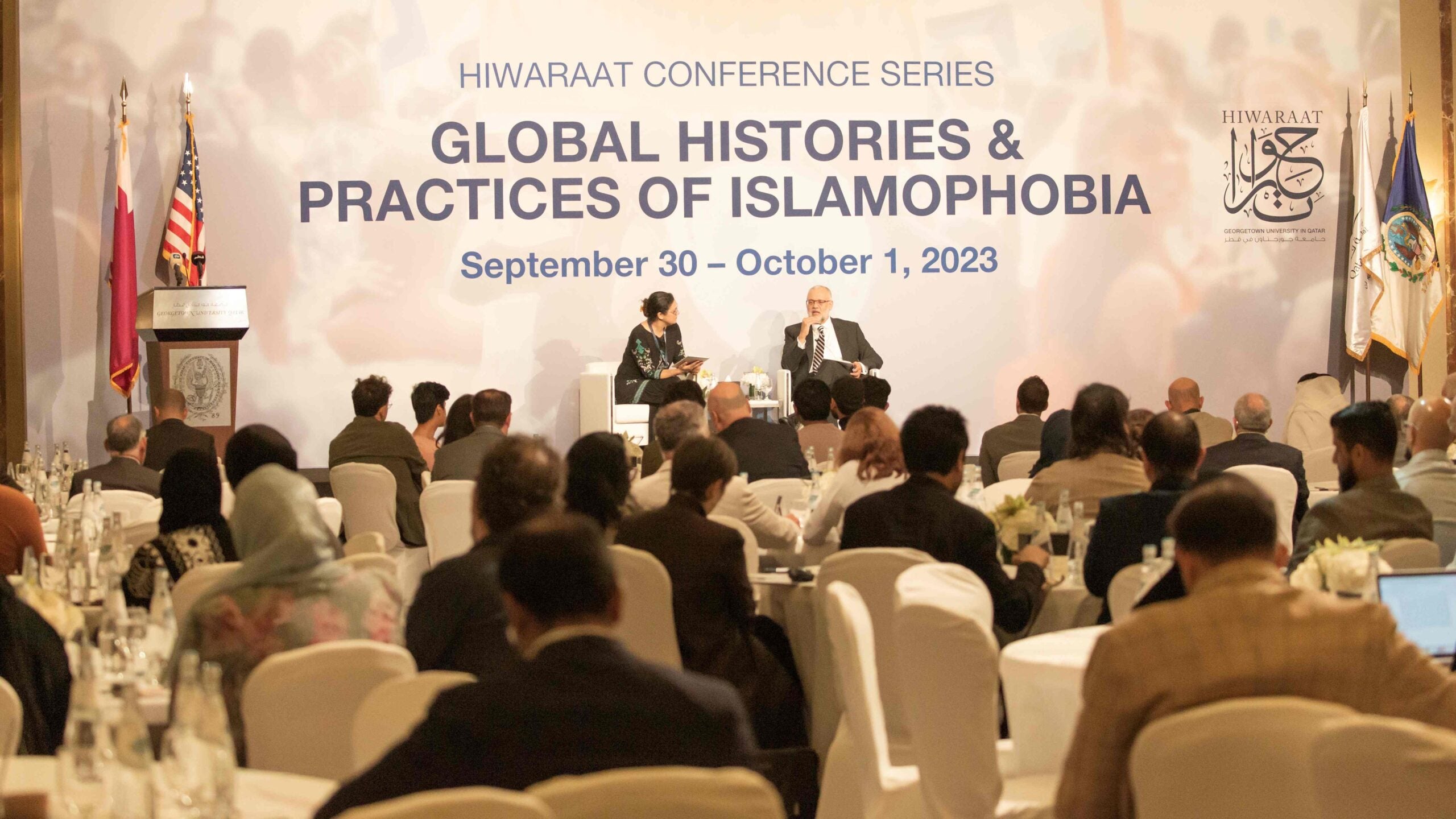
Karine Walther
Karine Walther is Associate Professor of History and Director of the Certificate in American Studies program at GU-Q. Her areas of research include US-Saudi relations and the history of medicine, missionaries, and development.
